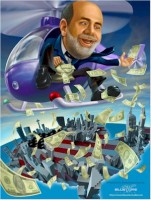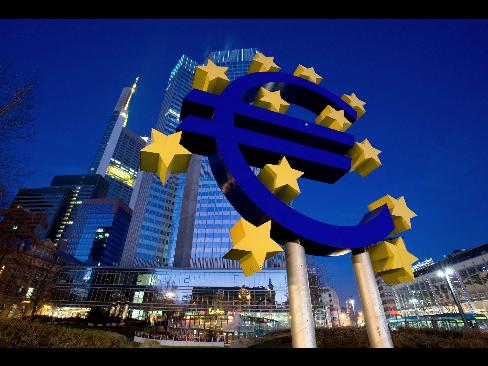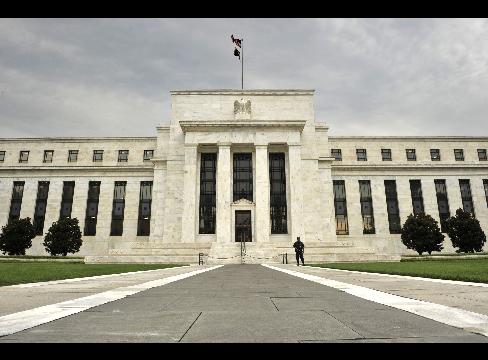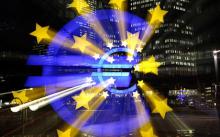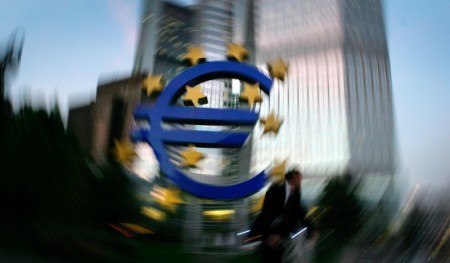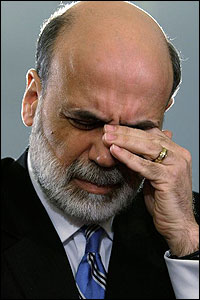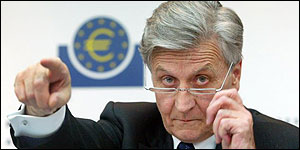Looks like the ECB has now the ‘Bernanke’ virus.
Now all the Illuminati banksters are printing money which increases the money supply and that is called inflation … and inflation is nothing more than a hidden tax.
“The U.S. Federal Reserve, the Bank of England and Bank of Japan have lowered rates close to zero and are already buying bonds, effectively printing money to reflate their economies in a policy known as quantitative easing. “
Quantitative easing should be better called ‘ruthless stealing’ instead:
“By a continuing process of inflation, governments can confiscate, secretly and unobserved, an important part of the wealth of their citizens. There is no subtler, no surer means of overturning the existing basis of society than to debauch the currency. The process engages all the hidden forces of economic law on the side of destruction, and does it in a manner which not one man in a million is able to diagnose.”
– John Maynard Keynes
“In the absence of the gold standard, there is no way to protect savings from confiscation through inflation. … This is the shabby secret of the welfare statists’ tirades against gold. Deficit spending is simply a scheme for the confiscation of wealth. Gold stands in the way of this insidious process. It stands as a protector of property rights. If one grasps this, one has no difficulty in understanding the statists’ antagonism toward the gold standard.”
– Alan Greenspan
Got gold … and silver?
May 7 (Bloomberg) — European Central Bank President Jean- Claude Trichet said the ECB unanimously agreed on a 60 billion- euro ($80.5 billion) plan to buy bonds as officials step up their response to the worst recession since World War II.
“The Governing Council has decided in principle that the eurosystem will purchase euro-denominated covered bonds issued in the euro area,” Trichet told reporters in Frankfurt. He said the bank’s main interest rate, which it cut by a quarter point to a record low of 1 percent today, is appropriate and that the ECB will extend its unlimited auctions of funds to banks.
ECB officials have spent the past months bickering over whether to fight a recession by purchasing assets, with Bundesbank President Axel Weber leading resistance to such a move. The U.S. Federal Reserve, the Bank of England and Bank of Japan have lowered rates close to zero and are already buying bonds, effectively printing money to reflate their economies in a policy known as quantitative easing.
Read moreECB Agrees on $81 Billion Bond Plan, Cuts Key Rate to Record Low
